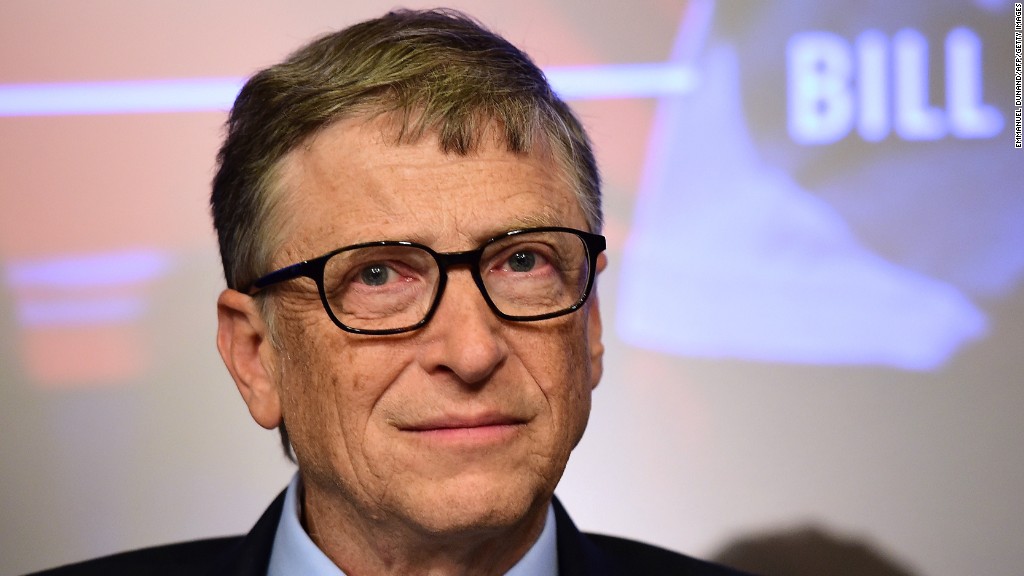
The world's richest 10% are responsible for half of all carbon emissions, a new report found.
The lifestyle choices of the richest tenth of the population mean they have on average 11 times higher carbon footprint than the poorest half of the world's population, the report by Oxfam said.
The poorest half -- roughly 3.5 billion people -- is responsible only for 10% of emissions. Yet they are also the most affected by natural disasters attributed to climate change, such as flooding or droughts, the report said.
The richer people are, the more likely they are to be what Oxfam calls "high polluters." Members of the richest 1% use on average 175 times more carbon than someone from the bottom 10%.
In another telling example, the report found that the total emissions of the poorest half of the population of China, around 600 million people, are only a third of the total emissions of the richest 10% of people in the U.S., some 30 million people.
The report, released to coincide with the climate summit in Paris, says 64% of global emissions is the result of individual consumption. Richest people buy the most goods, and consequently are responsible for more pollution.
The wealthy also own the most gas guzzling vehicles, and own larger homes that are kept well heated or air conditioned.
The remaining 36% of emissions is attributed to consumption by governments, investments and international transport.
Related: Warming planet risks financial turmoil
Oxfam said that the focus in Paris should shift from emerging economies to the richest countries. The summit is trying to achieve binding agreements by countries to cut emissions from 2020 onwards.
"While emissions are rising fastest in developing countries, much of this is for the production of goods consumed in other countries," the report said.
"It's easy to forget that rapidly developing economies are also home to the majority of the world's very poorest people and while they have to do their fair share, it is rich countries that should still lead the way," said Tim Gore, Oxfam's head of food and climate policy.
To help poorer nations cope with the effects of climate change, developed countries have already committed to raise $100 billion a year by 2020.


